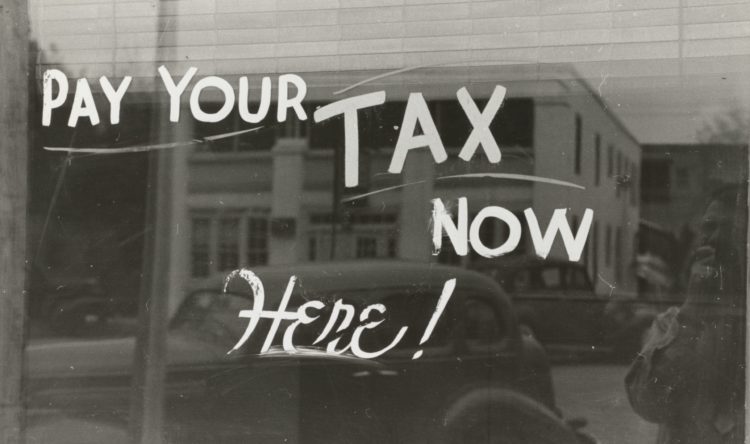Red on green
Labour to reverse Sunak's decision on diesel and petrol ban
If Labour wins the next election, it will reinstate the 2030 ban on the sale of new petrol and diesel (ICE) cars and vans.
Last week, the Prime Minister made a surprise announcement on a number of green policies put in place by prev ious Conservative Prime Ministers.
Turning around
The Government announced it would delay the ban by five years, until 2035. This ut it in line with the EU.
However, the shadow environment secretary Steve Reed says that a Labour Government would keep the 2030 phase out date. He stated “that’s what businesses have been investing for” and how the country can meet net zero.
Speaking to Sky News, he continued: “Sunak is stuck in the past here, he wants to keep household bills high, and he wants to stop the investment for the new jobs that would pay the good, secure wages of the future.”
The Labour party’s net zero spokesman, Ed Miliband, said: “Delaying the phase out of petrol and diesel cars will add billions in costs to families and damage investor confidence in the UK, as we have seen from the furious business reaction today.
“This is a Prime Minister who simply doesn’t understand and cannot grasp for Britain the opportunities for jobs and our economy of driving forward with action on clean energy.”
More time
Prime Minister Sunak explained his decision. He said that the Government was “working hard” to make the UK a world leader in electric vehicles (EVs).
However, he said: “Small businesses are worried about the practicalities, and we’ve got further to go to get the charging infrastructure truly nationwide.”
He added: “We need to strengthen our own auto industry so we aren’t reliant on heavily subsidised carbon intensive imports from countries like China.”
In gear
The delay of five years brings the UK in line with the EU’s plans to ban the sale of new fossil fuel cars. They reinforced their decision with backing from an EU Parliament vote in June this year.
Unveiled last year, the EU strategy seeks a reduction to zero CO2 emissions from new cars sold in the bloc by 2035.
MEPs voted to require carmakers to cut their average fleet emissions by 15% in 2025, compared to 2021, by 55% in 2030, and by 100% in 2035.
Maria Connolly, partner and head of future energy at law firm TLT, said: “It’s inevitable that some measures, such as the deferment of the ban on petrol and diesel cars to 2035, will raise some questions and impact public opinion.
“The initiatives announced this week to help facilitate key strategic priorities for these sectors will be key to ensure momentum is not lost and projects attract the level of investment needed to scale development.”
She added: “The coming months will be critical in determining the impact of the measures.
“The hope will be that the private and public sector will continue to collaborate under a strong policy regime and continue to build on the positive progress which has already been made.”
U-turn
Prime Minister Sunak’s decision has brought about a mixed reaction. However, it seems heavily weighted against his move. Big business, economists and environmentalists have called the plans highly damaging, not just for environmental issues, but also investment in the UK. Many key manufacturers have invested heavily to achieve the 2030 target. Foreign investment has also been involved, not least in preparing the roads, vehicles and infrastructure. The delay reduces confidence in the UK as a whole for investing in. It can be seen as unreliable, making investments costly.
Investments
With economic constraints in the government caused by the Ukraine war and post Covid rebooting. The problems were then increased further by previous Prime Minister Liz Truss’s error strewn budget in late 2022. This is estimated to have cost the country nearly £40bn, almost causing banking and investment meltdowns. Repercussions have been the lack of government funds for boosting EV charging infrastructures and also, whilst also inhibiting foreign investment.
Add to this the EU tariffs on new cars from January following Brexit.
At present, post-Brexit rules require 40% of an electric car’s parts to be sourced in the UK or EU. This is referred to as the ‘rule of origin’, and failure to meet this requirement attracts a 10% trade tariff on every sale.
This requirement is expected to rise to 45% next year and again to 55% in 2027, putting further pressure on the British automotive industry’s transition to clean mobility.
The production of electric vehicles is still massively underdeveloped. In particular, the materials required to make the batteries – and the factories themselves – are mostly located outside of the UK. This brings a heavy reliance on Asian countries to fulfil this demand at present, particularly China. Nearly all western and European countries are looking to reduce reliance on China in an increasingly unstable world economy. Russia’s invasion of Ukraine has only heightened these concerns.
Tariffs
British car manufacturers were facing the 10% tariff unless more EV batteries are produced in the UK or the EU rethinks its tariff rules. This would make mass volume British made cars uncompetitive. The Uk only announced a new battery giga factory in the summer, and this will take some time to come on-line and producing.
With the 2030 deadline looming, British car manufacturers have been pushing for the UK government to renegotiate with the EU. However, this has not happened yet and is though unlikely, despite Stellantis, who own the Vauxhall, Peugeot and Citroen brands, joined by Jaguar Land Rover and Ford, calling for immediate action.






